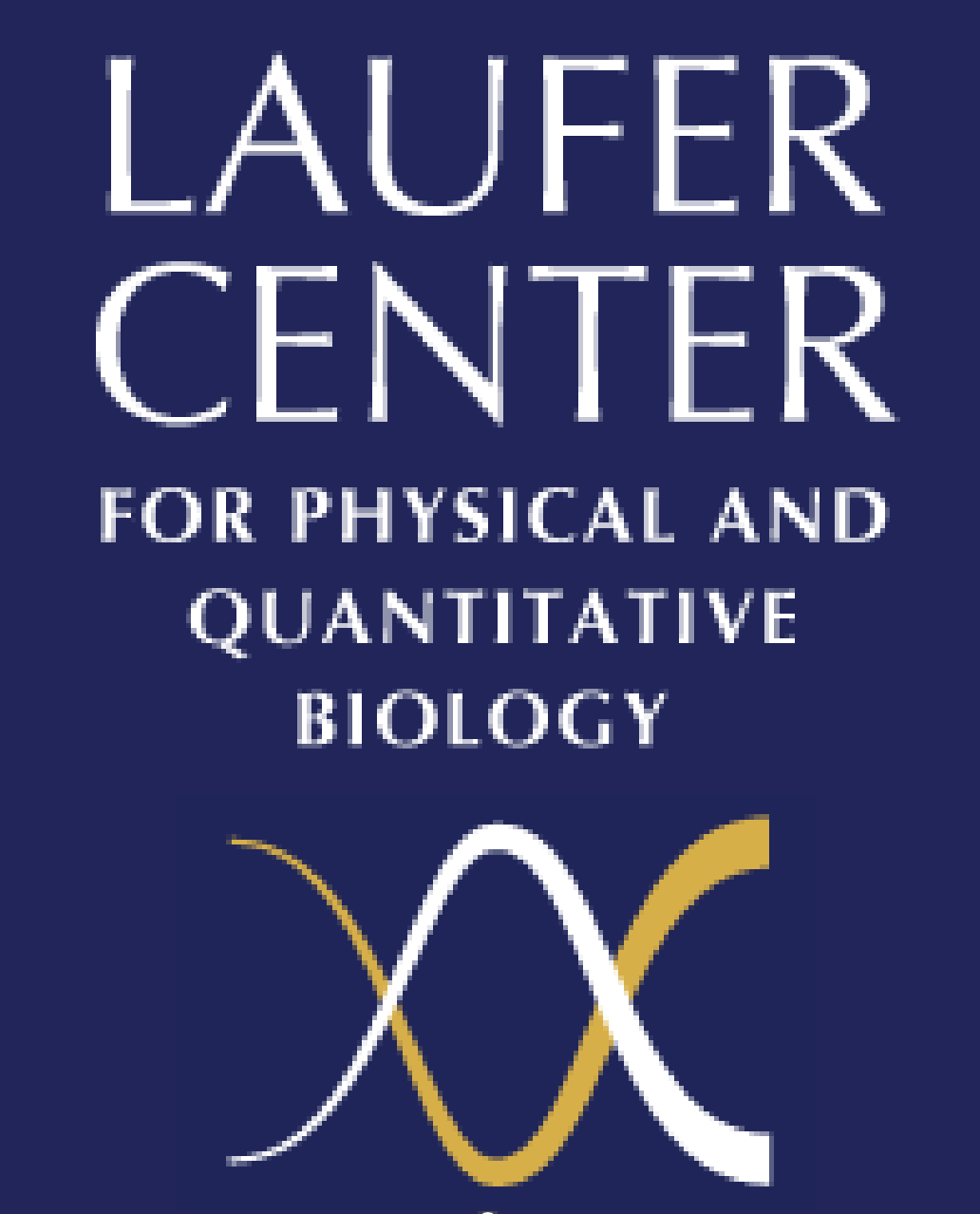Events Calendar
Professor and Director,
Computational Biology Program and Center for Computational Biology
Professor, Department of Molecular Biosciences
The University of Kansas
Docking-based simulation of cell-size protein systems
Recent advances in computational modeling have led to an increasing focus on larger biomolecular systems, up the level of a cell. Protein interactions are a central component of cellular processes. Techniques for modeling protein interactions have been divided between two fields: protein docking (predicting the static structures of protein complexes) and molecular simulation (modeling the dynamics of protein association, for relatively short simulation times at atomic resolution). Protein docking algorithms are far more efficient in sampling spatial coordinates. However, they do not account for the kinetics of the association (i.e., they do not involve the time coordinate). Our proof-of-concept study bridged the two modeling approaches, developing an approach that can reach unprecedented simulation timescales at all-atom resolution. The global intermolecular energy landscape of a large system of proteins was mapped by the pairwise Fast Fourier Transform docking and sampled in space and time by Monte Carlo simulations. The simulation protocol was parametrized on existing data and validated on a number of observations from experiments and molecular dynamics simulations. The simulation protocol performed consistently across very different systems of proteins at different protein concentrations. It recapitulated data on the previously observed protein diffusion rates and aggregation. The speed of calculation allows reaching second-long trajectories of protein systems that approach the size of the cells, at atomic resolution.
Host: Ivet Bahar
Refreshments following the seminar in room 110






